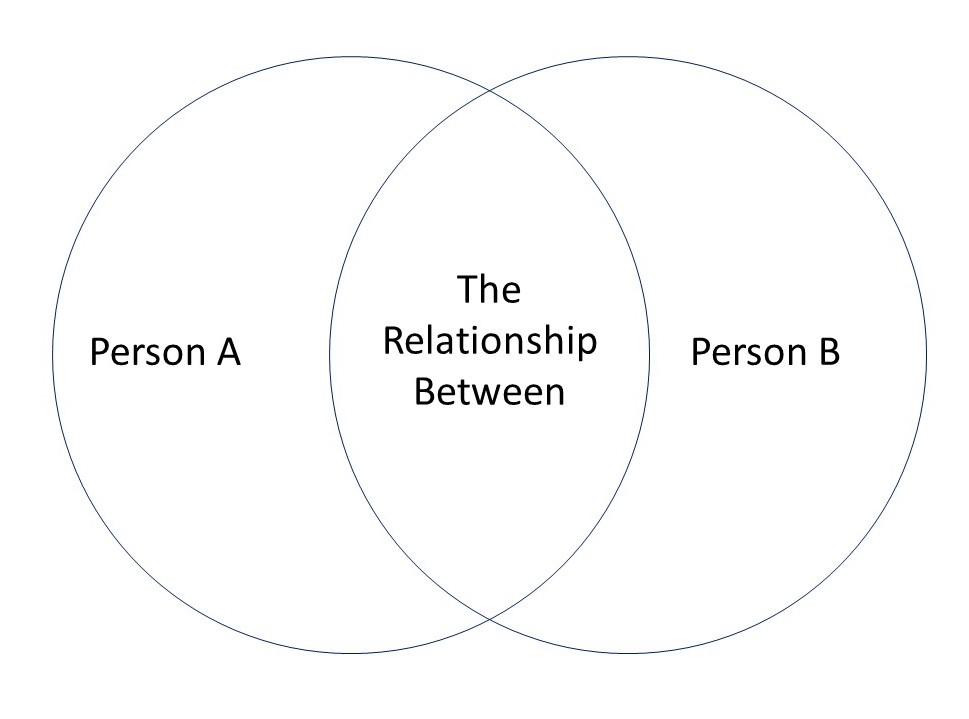After talking to a lot of people in long term relationships I think the most common friction point is money. It doesn’t seem to matter if there is a lot of it or very little, arguments arise over who spent how much on what, what is worth saving for, and what level of spending needs to be checked with the other partner beforehand.
But is money really what the arguments are about? If there was more money to share would couples argue less? Sadly no. Because money represents a lot more than most people realise. Money talks. It represents power, security, and love, just for starters.

Money represents security. Everyone has a childhood-generated idea of how much money in the bank (or in the mattress) is enough money to feel secure. As a couple, if you or your partner are going to feel safe together, then you need to know how much money that rainy day account needs to have in it, and when it should be used. Similarly there is nothing that speaks more about your idea of security than the decision to own a home (or not). Should you save up money for a house if it means having no spending money? It depends on your idea of security. Some people need a castle to feel safe while others prefer a tent. And all that changes (again) if you have children.

Money represents power. Hopefully power is equally shared in your relationship. It is only when circumstances change that you might become aware of a shift in the balance of power. If one person leaves the paid workforce to look after children this can often affect either person’s sense of power and influence in the way money should be spent. It can be difficult to equate the unpaid and demanding work of caring with the paid and demanding world of the workaday world.
Money also represents love. Yes it does. According to the much admired Five Love Languages, money is part of the equation. If you haven’t heard of the Love Languages basically it goes like this: Everyone has a need to be loved. In a couple, there is an expectation that your need to be loved will be mostly filled by the other partner expressing their love to you and vice versa. The trick is to know which ways your partner feels loved. There are basically five ways. One of those ways is Gift Giving. This is where money comes into the equation. If you or your partner feels very loved and cherished when someone buys a gift for them then you will need money to do this. This brings me to money and privacy.
It is absolutely essential that each person has a ‘no questions asked’ account. The simple way to organise finances is to have a joint account out of which all the joint living expenses are taken and all the joint income is put in. Off to the side there should be an individual account for each person and there should be a regular and equal amount of ‘pocket money’ going into these accounts. Then, if you want to buy your partner some flowers, he doesn’t have to know how much they cost. Similarly, if you want to get a fancy haircut, she doesn’t need to know either.
If your partner doesn’t see the need for privacy and independence do not shy away from maintaining a separate bank account. Should the worst happen and you separate, it is vital you have had a credit history in your own name, in order to start again. (Same goes for mobile phones and email accounts, btw it’s a sign of control issues, red flag!)

The way your money is organised will tell you a lot about your relationship. In an ideal relationship you form a venn diagram where each partner is a circle which partially overlaps with the other person. The overlapping area is the relationship with each other. The separate areas represent each partner as an independent person. Attention and maintenance is required in all three zones.
The relationship zone is maintained by filling each other’s love cups, using the love languages that suit each person. And talking about how you see money, knowing that it represents power, love, and safety is a must. When you see money as a symbol of these things you begin to see why it is such a hot topic for so many couples.
So when do you talk about it? Timing is everything. If money is already a hot topic start talking about the bigger ideas it represents of safety, security and love. Ask open ended questions and accept the answers openly, no judgement.
• How important is a rainy day account to you?
• What do you think is the ideal amount we should put into it?
• What sort of home do you think we need to feel safe and secure?
• What sort of home do you want for our family?
• What balance do you want between work, free time, and money?
• How do you feel loved? (see the Five Love Languages)
• How do you feel safe and secure?
• How much of your income do you want to share?
• How much no questions asked ‘pocket money’ would you like to have?
Remember that, as a couple, it is best to know the truth rather than go on assumptions. Knowing where your differences lie is the first step to finding workable solutions in managing money, and your lives, together.

Leave a Reply